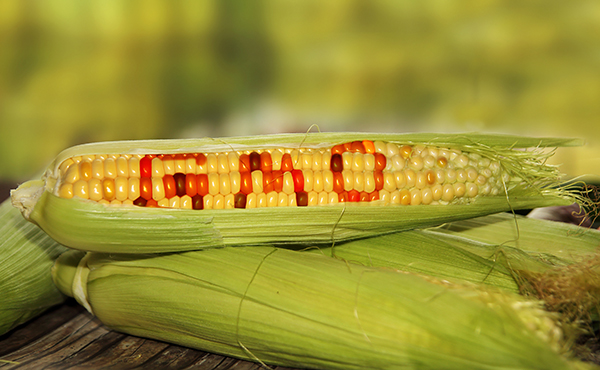
A survey carried out by SimplyHealth revealed that the U.K.'s excessive sugar consumption continues to affect a large number of people, many of whom even willing to forgo sex than cutting back on their daily sugar intake.
The survey examined more than 2,000 respondents and found that 41 percent were willing to sacrifice sexual intimacy rather than reducing their sugar intake. The survey also found that one in 10 people said they could not go a single day without sugar.
The poll also showed that 11 percent of respondents consider sugar as the most difficult thing to give up. Likewise, one in 10 respondents claimed that quitting sugar is just another health fad popularized over social media.
According to the survey, a quarter of respondents showed no interest in quitting sugar. However, the researchers found that 39 percent of the participants worried about sugar's detrimental effects on body weight.
The experts also found that 33 percent of respondents were worried that they might end up with diabetes, while nine percent expressed concerns about developing oral health problems.
Survey data showed that 36 percent of people were worried about about tooth loss, while 22 percent were wary of developing gum disease and another 19 percent expressed concerns about bad breath.
"Every time we have something sugary to eat or drink, bacteria in our mouths feed on this sugar and produce harmful acids, which can cause tooth decay. It then takes our saliva around an hour to neutralise these acids and return our mouths to normal. This means the more times a day you expose your teeth to sugar, the more you increase your chances of tooth decay. This research suggests that many people find going ‘cold turkey’ on sugar particularly difficult because the sudden change in lifestyle can cause mood swings, problems concentrating or low energy levels," Dr. Henry Clover, Head of Dental Policy at SimplyHealth, told the Daily Mail online.

"By gradually decreasing our sugar intake we are dramatically reducing the risk of oral health problems. In addition to healthier teeth, people who cut-down on sugar may also experience weight loss, improved skin, and increased energy levels. Going totally sugar-free isn’t always easy but there are websites such as sugarswapseptember.co.uk that are packed with hint and tips on how to make sugar swaps, sugar-free recipes and charts to help you track your progress as you curb your sugar consumption," Dr. Clover added.
The findings of the recent survey coincide with the launch of the Sugar Swap September initiative.
Survey: Brits are also more willing to choose sugar over Facebook
The survey also revealed that 16 percent of respondents consider themselves addicted to sugar. In fact, only nine percent of respondents said sugar is the easiest thing to forgo, compared with 18 percent for Facebook and another 18 percent for alcohol. (Related: Sugar junkie? Study suggests excessive sugar intake is similar to drug addiction.)
In addition, the poll showed that 56 percent of people tried to go cold turkey on sugar consumption. Fourteen percent of respondents also reported seeking professional help to curb their sugar intake.
However, the researchers found that only 37 percent of respondents were able to give up sugar for longer than 12 months, compared with 55 percent of people sacrificing Facebook time for 12 months.
Survey data noted that 37 percent of respondents reported feeling irritable after quitting sugar, while 27 percent said quitting made them feel depressed. Only 62 percent of patients were able to quit sugar consumption for good.
Moreover, 39 percent of respondents said better knowledge of sugar substitutes would help them reduce their daily sugar intake. Likewise, 32 percent of participants stated that more access to recipes for low-sugar meals may help stem their excessive intake.
Sources include:
Please contact us for more information.






















